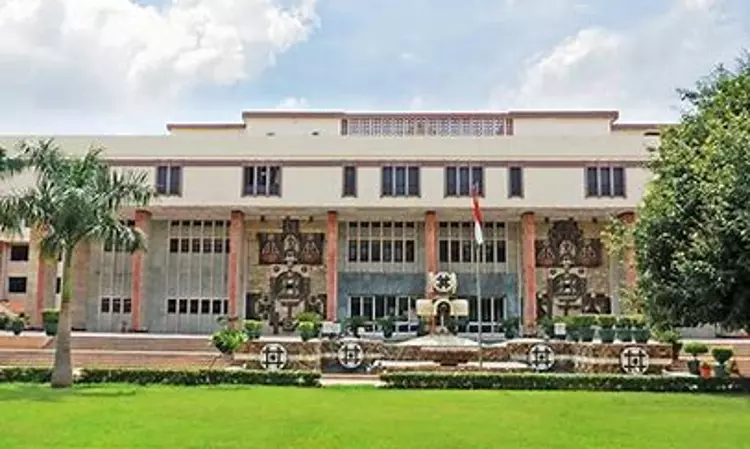The Delhi High Court has made it clear that merely producing transaction documents to establish that payments were made to an entity is not sufficient to defend the allegations of accommodation entries. A division bench of Acting Chief Justice Vibhu Bakhru and Justice Tushar Rao Gedela observed, “The documents provided by the petitioner would establish that the payments had been...

